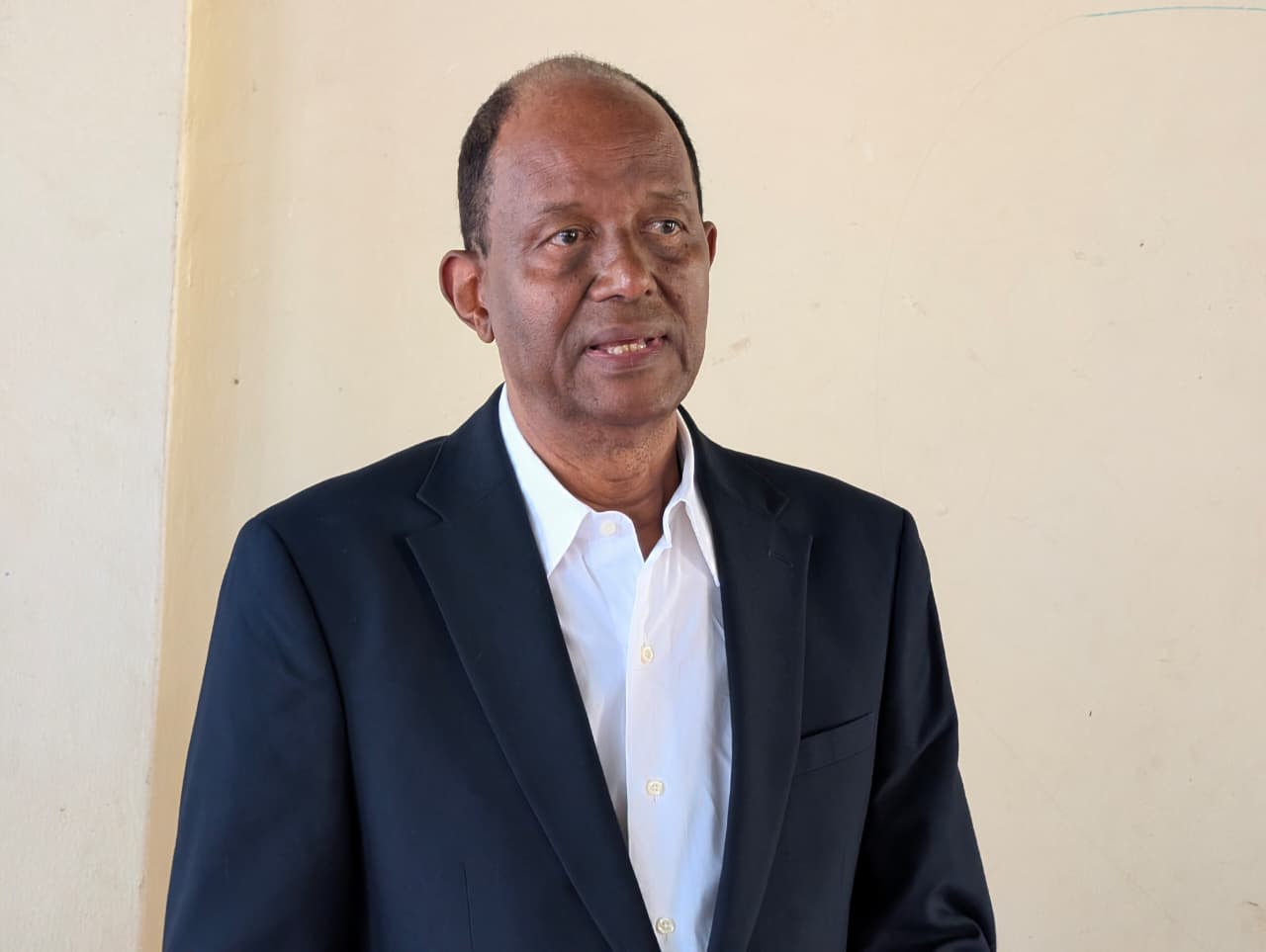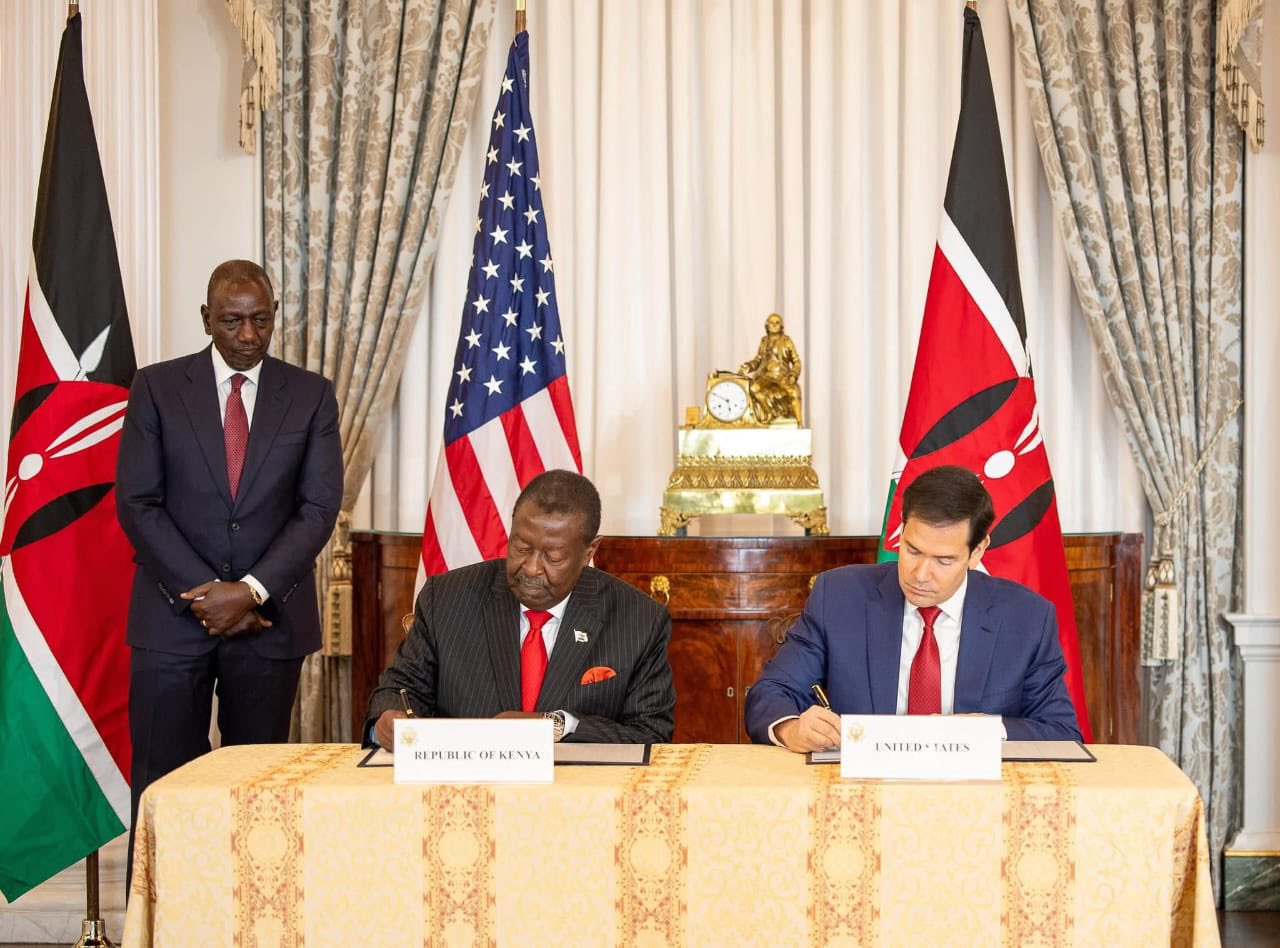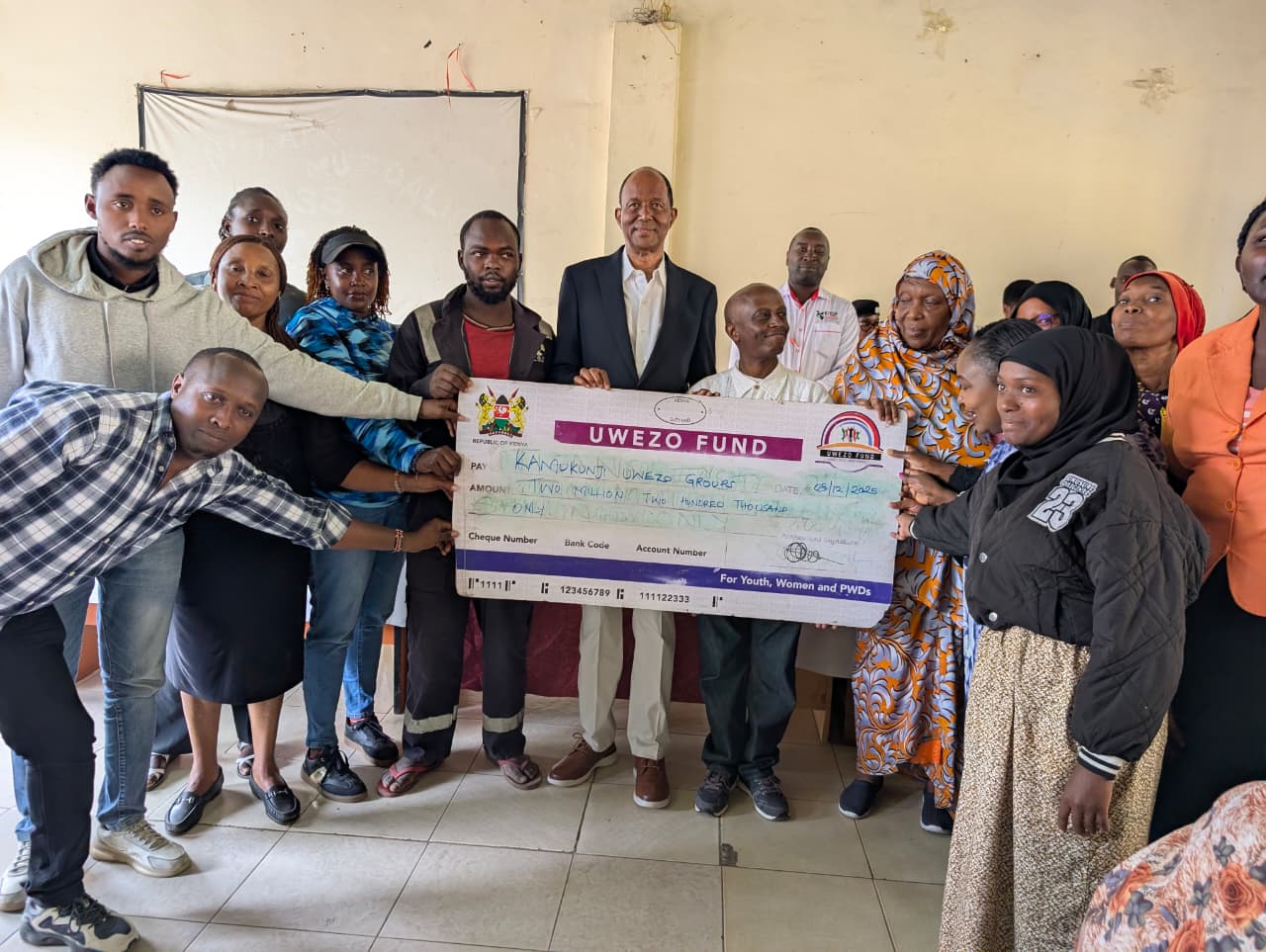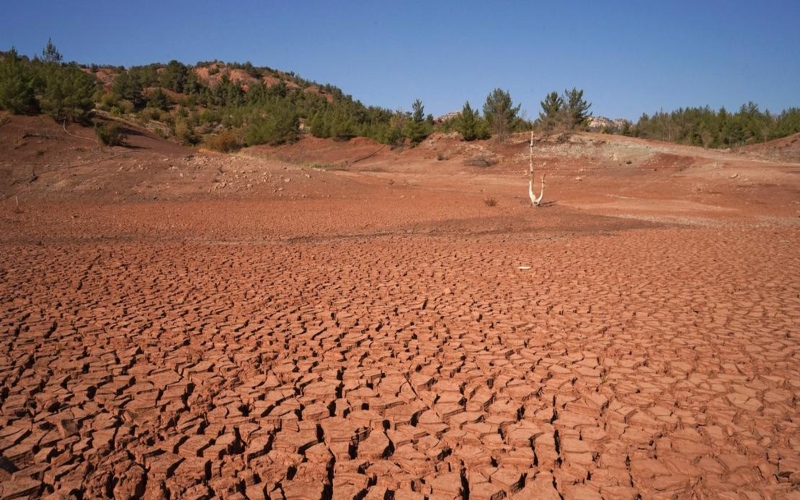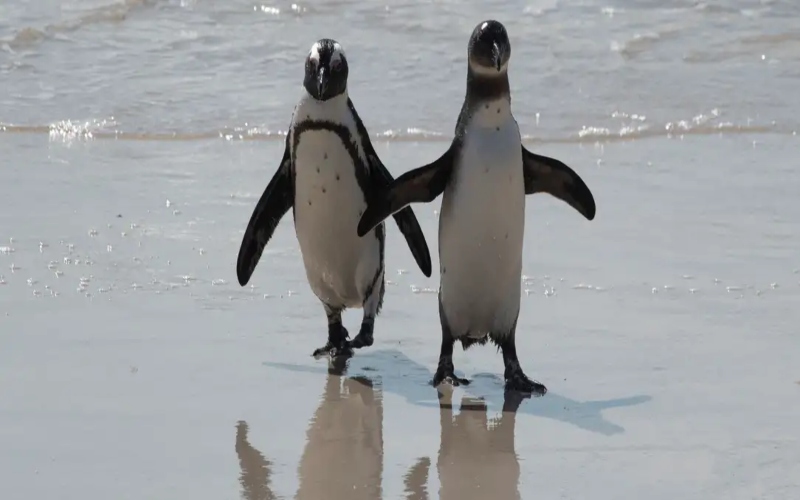Garissa leaders oppose wildlife relocation, demand revival of dormant game reserves
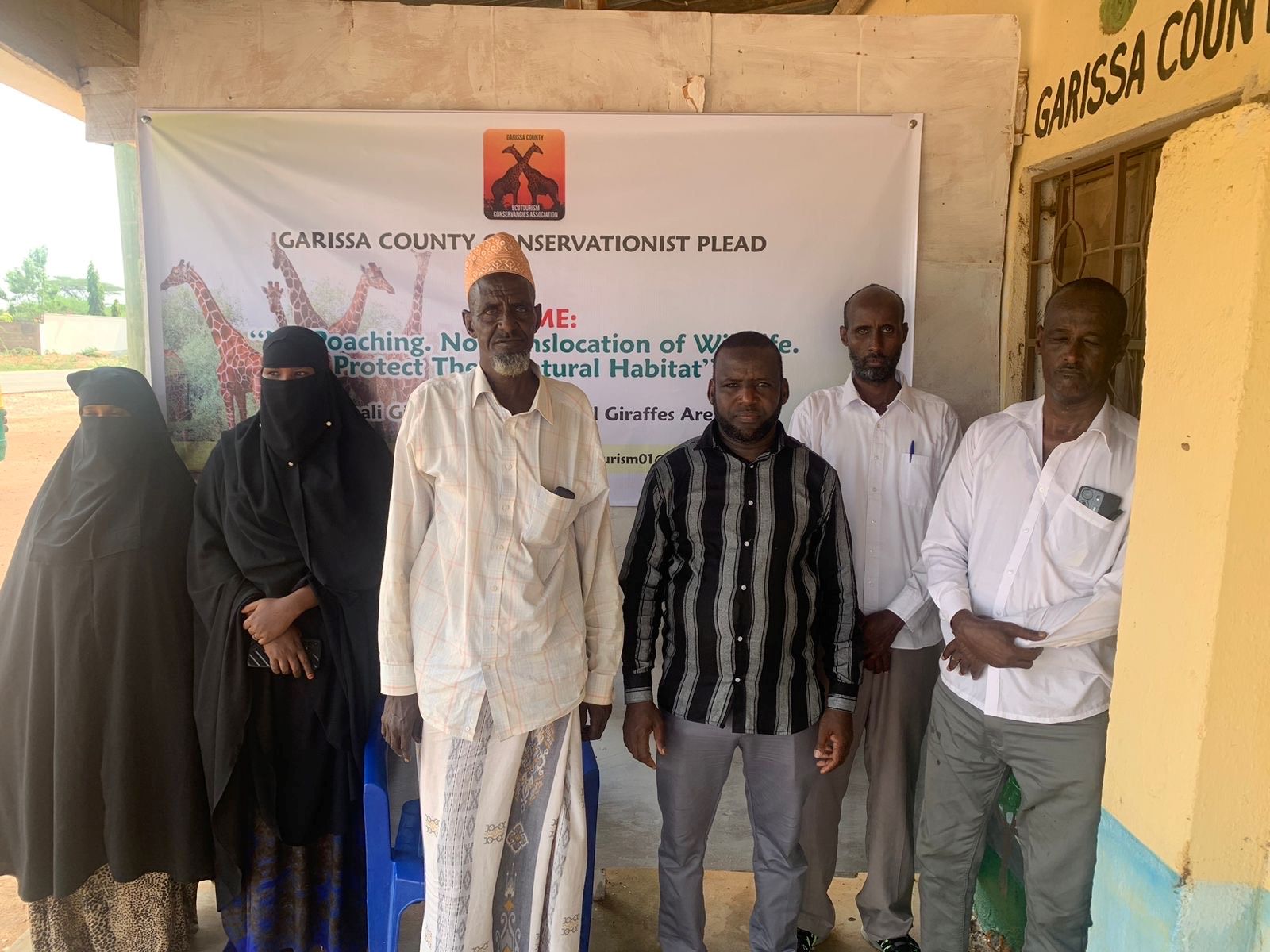
They strongly opposed proposals to translocate wildlife to private ranches, warning that such actions repeat historical injustices. They cited the relocation of the endangered Hirola antelope from Garissa to Tsavo National Park, arguing that it deprived the community of both heritage and tourism potential.
The Garissa County Ecotourism and Conservancy Association has intensified calls for the government to halt any plans to relocate wildlife from the region, urging instead for investments that will revive dormant game reserves and strengthen community-led conservation.
Led by Chairman Abdi Ibrahim Aden and Secretary Ahmed Affey, the association said the government must fast-track measures to curb rising poaching and protect endangered species within their natural habitat.
More To Read
- Wildlife traffickers arrested in Laikipia as police seize 18kg of elephant ivory worth Sh3.6 million
- Wajir South MP condemns relocation of orphaned giraffes to Nanyuki
- Wildlife compensation claims hit Sh3.5 billion as thousands of Kenyans wait years for payments
- KWS rescues cheetah cub raised by woman in Garissa
- Chad cuts ties with Prince Harry's wildlife charity over alleged poaching
- Garissa leaders warn poaching, foreign travel advisories threaten tourism
The leaders said activating the long-neglected Arawale and Rahole game reserves is crucial to restoring Garissa's ecological integrity and positioning the county as a competitive ecotourism destination.
They strongly opposed proposals to translocate wildlife to private ranches, warning that such actions repeat historical injustices. They cited the relocation of the endangered Hirola antelope from Garissa to Tsavo National Park, arguing that it deprived the community of both heritage and tourism potential.
"We are working to open up this region for tourism after many years of lagging," said Chairman Abdi Ibrahim." Any efforts by the Kenya Wildlife Service (KWS) to relocate wildlife undermine communities in Northern Kenya and go against the law. We need support, not sabotage."
Abdi added that the region has made significant progress in tourism visibility. In 2023, Garissa marked World Tourism Day for the first time, and this year the county not only celebrated again but also received its first group of tourists. "This is the momentum we should be building on, not reversing," he said.
 Garissa County Ecotourism and Conservancy Association chair Abdi Ibrahim Aden. (Issa Hussein)
Garissa County Ecotourism and Conservancy Association chair Abdi Ibrahim Aden. (Issa Hussein)
Hassan Affey, the association's secretary, said the government must treat wildlife as an asset for local development."Communities here have coexisted with wildlife for generations. Instead of removing animals, we should be investing in community conservancies, training local scouts, and improving surveillance against poachers," Hassan said.
He noted that empowering communities is the only sustainable conservation model for the region.
Conservancy patron Najma Mohamed urged the Ministry of Tourism and Wildlife to prioritise infrastructure development in northern Kenya's protected areas.
"Our reserves remain dormant not because wildlife is missing, but because the government has not invested in basic infrastructure such as roads, ranger posts, and signage," she said. "If Arawale and Rahole were developed to even half their potential, tourists would flock here."
Dadaab Sub-county Wildlife Conservancy chairman Hassan Abdullahi criticised the secrecy and lack of stakeholder engagement surrounding wildlife translocation decisions.
"We cannot wake up one day and hear that wildlife has been moved without consulting local leaders, communities, and conservation groups. This top–down approach is outdated. Conservation must be participatory," he said.
He regretted the existing wildlife poaching for game meat within the refugee camps and the lack of KWS officers on the ground.
Local community elder Hassan Abdikadir Jellow echoed these sentiments, saying the community feels sidelined on issues affecting their cultural and environmental heritage.
"These animals are part of our identity. Relocating them without our consent is like taking away our history," he said.
The association and local leaders also called for the full deployment of community scouts, the establishment of wildlife corridors, increased surveillance in poaching hotspots, and the operationalisation of the two gazetted reserves.
They urged the government to work closely with local communities to ensure wildlife conservation becomes an engine for economic growth, not a point of conflict.
"The way forward is simple—activate the reserves, empower communities, and stop unnecessary wildlife translocations," Hassan Affey said.
The leaders now hope the national government will abandon relocation plans and instead commit to a long-term conservation strategy that secures both wildlife and community livelihoods in Garissa County.
Top Stories Today

